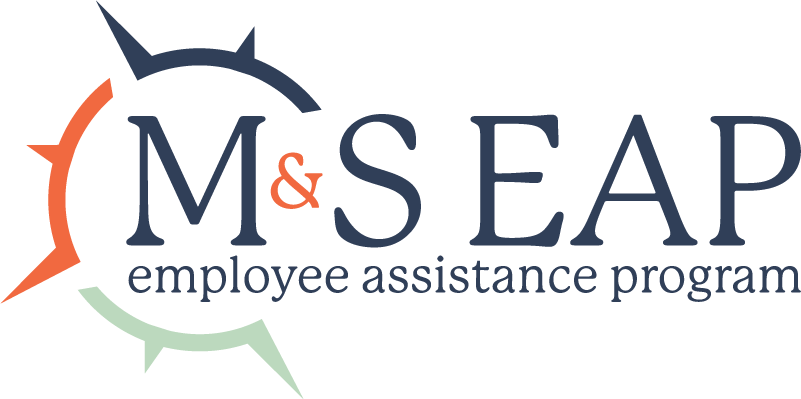The Parent’s Role in Their Child’s Therapy

Growing and changing during middle school and high school has always been difficult, but the normalization of technology and the influence of social media has made this vulnerable time even more challenging. Not only can it be hard to find and make good friends, the changes occurring within one’s own body add a complicated layer to everything else. Needless to say, it’s a hard time period to handle alone.
Luckily, there are many ways teens can find support — mental health counseling options provide a safe, structured environment where they can externally process what’s going on internally. And during this process, parents can play a unique role in helping their teen discover their best selves.
A parent’s involvement in child therapy
Some confusion has existed regarding what, if any, part a parent should play in their child’s mental health treatment. Some have viewed it with more of a hand’s-off approach, letting their teens figure things out on their own; others have viewed therapy with more hostility, seeing it as a manifestation of poor parenting; still, others have tried to have too great a role, coining themselves the title “helicopter parent.”
But the key is balance because parents actually have a critically important role in helping their teens manage mental health problems or substance abuse issues; and the parents’ involvement can actually lead to greater healing of the family unit as a whole.
When parents take the time to understand their children and help them manage their problems, they quickly become a support system in the mental health journey of their children. New research about the power of the family unit and its ability to support teens who are dealing with mental health and substance abuse issues brings parents into the center of counseling, where their influence can be used to help teens find the support they need.
Parents as partners
Therapists find that many benefits accrue from enlisting parents as partners in the therapy process. This helps eliminate the misconception that teen therapy is about blaming parents, and instead involves parents in the critical journey of their child’s healing.
It is important to involve parents for a number of reasons, including:
- When parents better understand what their child is experiencing, they can better provide support and help; they (the parents) no longer fear the disorder out of misunderstanding, rather, are equipped with knowledge that can help their child cope
- They can stop blaming themselves and realize that not all mental health conditions arise as a result of how a teen was parented — this can help parents focus less on themselves and more on the needs of their child
- Parents can know how to handle and help their child with particular difficulties as they have learned from the therapist the best coping mechanisms for the hardest days
- They can be a part of a neutral space — the environment of counseling allows parents and their children the chance to speak freely in a safe space; this freedom to speak in a controlled environment can provide more room for productive conversation
- Parents can continue to foster a supportive space even outside the counselor’s office — because you’re with your child more often than their counselor, you can encourage good coping mechanisms and decisions that boost mental health at home, and acknowledge victories on a more regular basis
In addition, the greatest benefit of a parent’s participation in their child’s therapy is the feeling of support their child will feel. It is not uncommon for teens to feel confused or conflicted when they feel inclined to seek therapy; having their parents support this decision not only solidifies the importance of strong mental health as a noble goal, it gives them the affirmation they may need.
Being involved — a balancing act
Parents may feel a bit of confusion when figuring out the role they need to play in their child’s mental health treatment; how involved is too involved, and how hand’s off is showing a lack of support?
These questions may be best addressed with your teen and their therapist themselves. It can be a great witness of how much you trust your teen by allowing them to be honest with how and when they want your immediate involvement. This comes with a grain of prudence, of course, but allowing your teen to tell you when they need a listening ear, an accountability partner or just someone to have fun with to get their mind off things can be freeing for both of you.
Additionally, your child’s therapist will most likely have recommendations of when it’s important to be very present, versus when your teen needs some space to figure things out on their own.
While it can feel overwhelming to have a child struggling with a mental health condition, the best thing to do is seek the necessary treatment; this can be done by reaching out to a school counselor, a local mental health treatment center or even taking advantage of your company’s EAP benefits for families.
To learn more about the benefits of employee assistance programs and the way they can offer your family support, contact Mazzitti & Sullivan EAP by calling (800) 543-5080.



